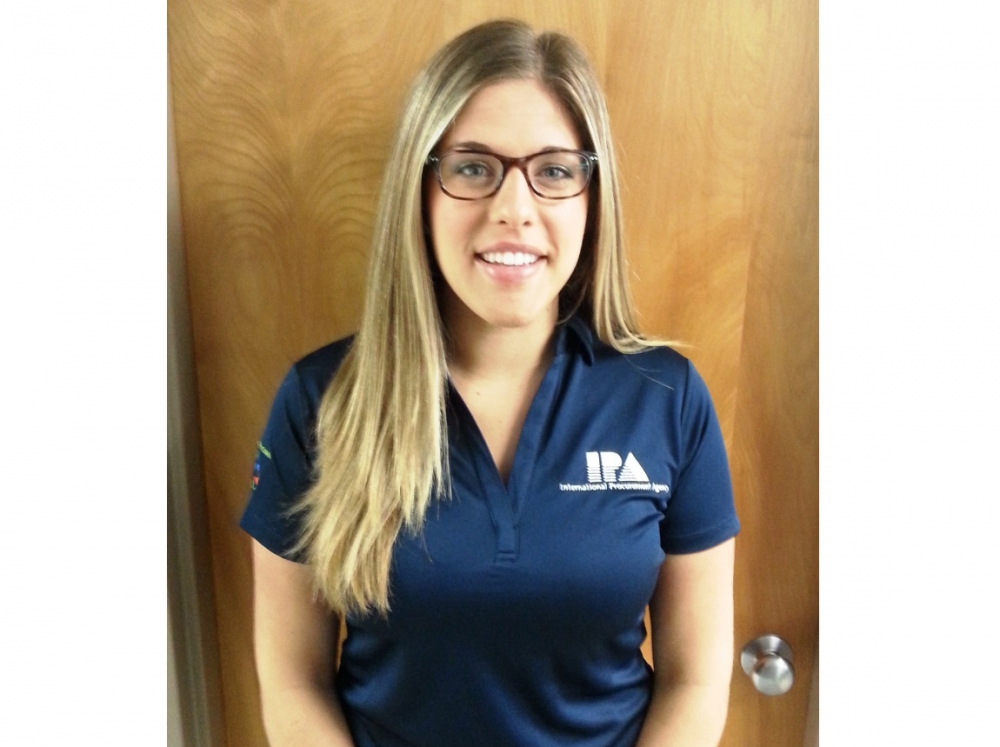Interview with Alexis Pugh, Program Development Specialist, USA International Procurement Agency

Tell us about your company and products/services?
USA IPA is a certified small business that has proven to be a reliable partner to the international development community. For nearly 30 years, IPA has worked with NGO clients and U.S. government agencies to provide value-added solutions for their supply chain needs. Our 6-step approach to supply chain management enables us to offer comprehensive proposals that meet the needs of various programs. We consider the unique requirements of each project and adopt administrative tasks throughout the project life cycle, enabling our clients to focus on mission-critical issues. Our on-site consolidation warehouse utilizes a detailed inventory system for receiving, completes equipment inspections, and packages goods in accordance with our high standards for quality control. Prior to the rollout to global field offices, we determine efficient and economic routes of transit to the end destination and provide necessary documentation for each shipment (customs, import certifications, etc.); customs clearance and delivery to door is arranged upon request. After delivery, we maintain long-term project goals by supporting manufacturer warranty coverage and assisting with repairs.
What is USA IPA’s involvement in Sub-Saharan Africa? What are your priorities in the region?
Since the start of USA IPA, our business has been heavily concentrated in Africa due to ongoing development efforts there. As a result we have formed long-standing strategic partnerships and logistics networks in this region. Additionally, we have a sister office in Kampala and pop-up offices throughout Sub-Saharan Africa to suit the needs of current projects. From simple supply to turn-key solutions, our goal is to serve the needs of African missions with the highest level of customer care.
USA IPA has had a presence in Sub-Saharan Africa since our establishment in 1983. Over the years we have supplied everything from emergency relief supplies and WASH equipment to ICT equipment and education materials. It is nearly impossible to choose a focused group of products, as IPA is brand-agnostic in a sense. Our mission is simply offering creative supply chain solutions that maximize available budget while meeting program deadlines. We do so by applying our 6-step approach for supply chain management to tailor comprehensive proposals, regardless of the product need.
What trends do you see for humanitarian aid and how does your company prepare for the future? Why do you think it’s important for USA IPA to build partnerships and improve relationships within and across sectors?
A development trend we see becoming more and more common is public/private partnerships. I think this comes in 2 forms: corporations executing independent outreach strategies and corporations donating funding to the NGO community.
Many businesses dedicate budgets to exemplify corporate social responsibility, yet they lack necessary tools and experience to independently partake in humanitarian aid. In these scenarios, where funding is abundant, IPA adds value by maximizing time and resources – the two things that hinder corporate involvement in aid.
On the other hand, when NGOs receive corporate funding, it is their responsibility to communicate the outreach efforts made possible by given funds. This type of donor accountability is a proven challenge for the aid community. Nonetheless, it is a critical component of each project in order to secure future funds. IPA provides reports to enhance the visibility of field projects and ultimately aid in creating transparency between donors and recipient organizations. We recognize the potential that cross-sector partnerships offer, to propel humanitarian aid and foster growth in developing regions like Sub-Saharan Africa.

If you would like to find our more about IPA, join them at the Aid & Development Africa Summit held on 2-3 February 2016 at the United Nations Conference Centre in Addis Ababa, Ethiopia. For more information, or to register your participation, visit http://africa.aidforum.org









